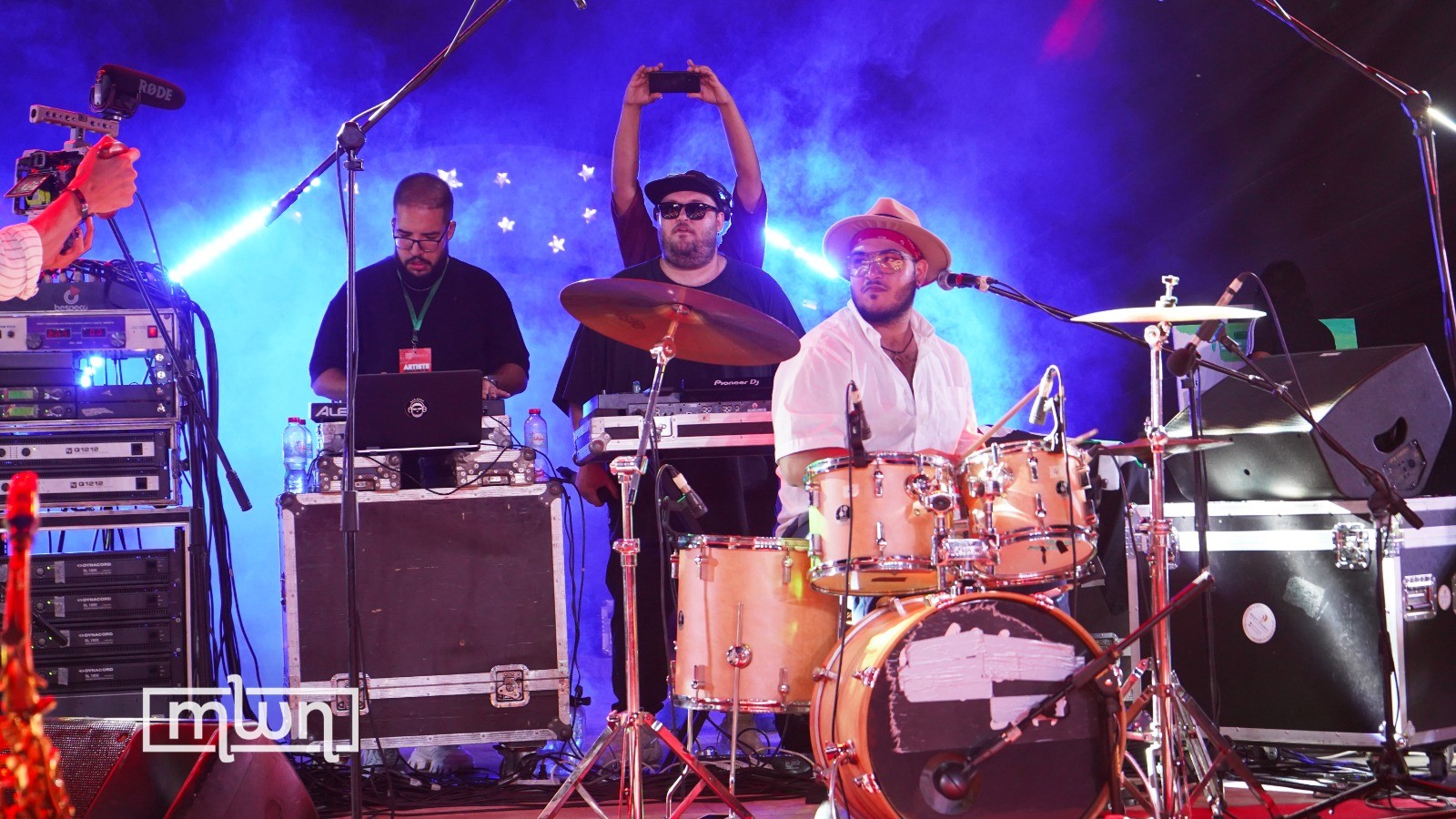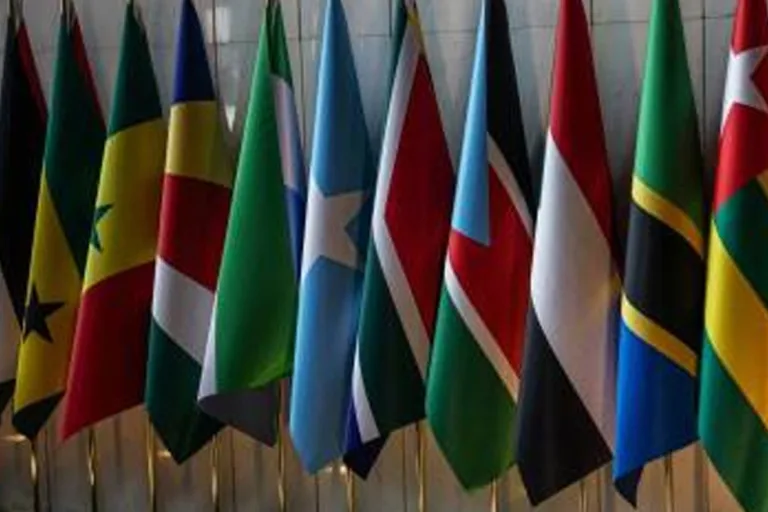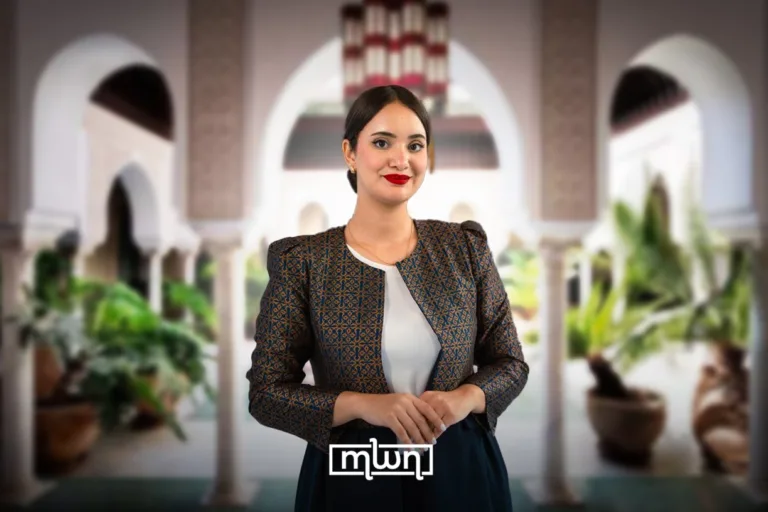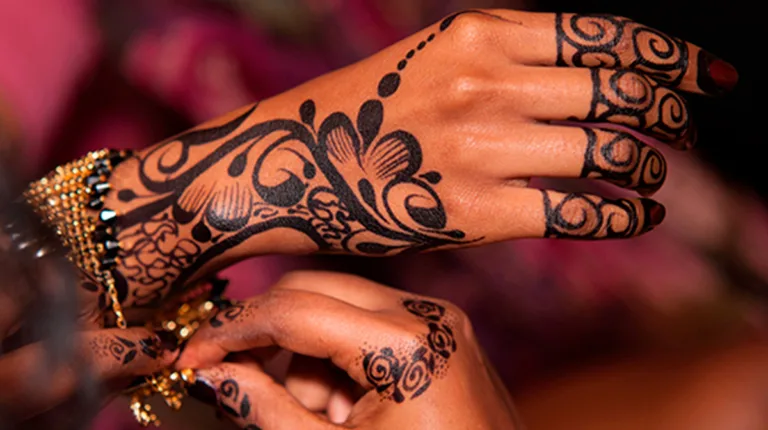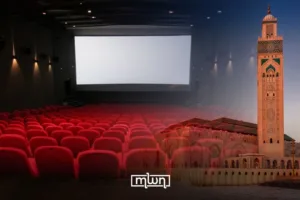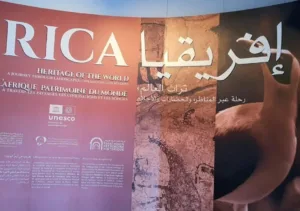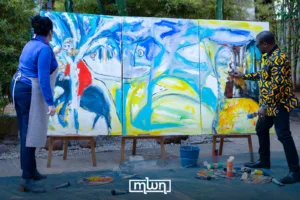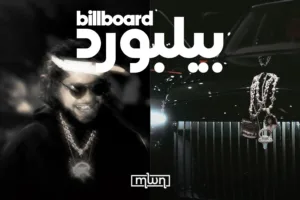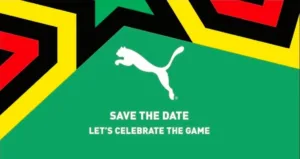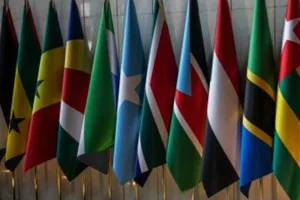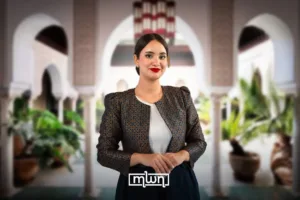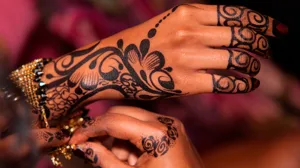Rabat – The International Festival for Youth Music held professional training workshops for the youth of Morocco at the Hassan II Parc in Rabat on August 10-12. In partnership with national and international organizations such as UNESCO and the United Nations Population Fund (UNFPA), and in celebration of the National Migrants Day and the International Day of Youth, the festival invited numerous artists from around the world to perform.
After a forced break due to the COVID crisis, the event came back this year with a new addition, “Master Class.” The workshops allowed Moroccan youth to learn from experts in multiple genres of music. The goal of this initiative is to help the youth hone their skills, improve their self-confidence and offer them the chance to express themselves freely.
In an exclusive interview with Morocco World News, Juliette Griendl, the founder of CosMotion, a music marketing agency, highlighted the essential role of the training workshops.
“We offer the youth all the necessary tools to enhance their visibility and to manage their careers,” Griendl said, adding that the goal is to prepare the new generation and learn from the previous generation who were not prepared. The previous cohort’s lack of preparation led to wasted time and energy, she explained.

Many novice artists had the opportunity to perform their music and express their feelings, interests, and ideas in front of the people attending the festival.
What better way to celebrate the International Day of Youth than to offer these young artists the chance to build a better future for themselves and for the country? After all, the youths of today are the leaders of tomorrow.
As simple words are often incapable and unconvincing for the audience, art is seen as a catalyst for social change. Music, paintings, movies among other forms of art are capable of attracting the audience’s attention towards an issue and make them relate and feel part of the collective.
One of the cases where art succeeded in conveying the message of the youth to not only Moroccans but to the entire world, is the song that the supporters of the Moroccan football club Raja Casablanca performed to express their concerns and feelings. The song went on to become a global sensation, proving once again that art’s social impact or influence is far greater than words.
Read also: Gnaoua World Music Festival Returns to Essaouira in its Original Format
The festival is promoting art so that youth can have a tool to build a better future for themselves and for the generations to come.
Younes Taleb, also known as Mobydick / Lmoutchou, a Moroccan, rapper and producer, told MWN: “When the youth attend these kinds of events and find such hospitality and tolerance it fuels them with good energy … and gradually, it will contribute to building a better world.”
The festival came a long way according to Younes who attended the event in its earlier years. He also commended the work done by the organizing association for improving the festival with international partnerships and artists coming to perform from all over the world.

The 10th International Festival for Youth Music enjoyed the support of the Ministry of Youth, Culture, and Communication, as well as that of the international community.
Armin Ibrisimovic, the representative of UNESCO in the Maghreb, describes this festival and the accompanying training workshops as an opportunity for young people to express their ideas and a way for them to unleash their creativity.
Moussa Laarif, the president of the Hip Hop Family association, the organizing association of this festival, promised the continuation of this festival in the upcoming years and also that of “Master Class.” He hopes to reach as many young people as possible in Morocco.
The festival’s message, that art breaks barriers, empowers young people, and changes realities, will resonate long after the festival’s conclusion.
Meanwhile, Taleb’s message to young Moroccans dreaming of success is that “sometimes, it’s not the medals around your neck that define your value, but rather the journey you’ve undertaken, your inherent worth. Success is an ongoing process, not a final objective.”

